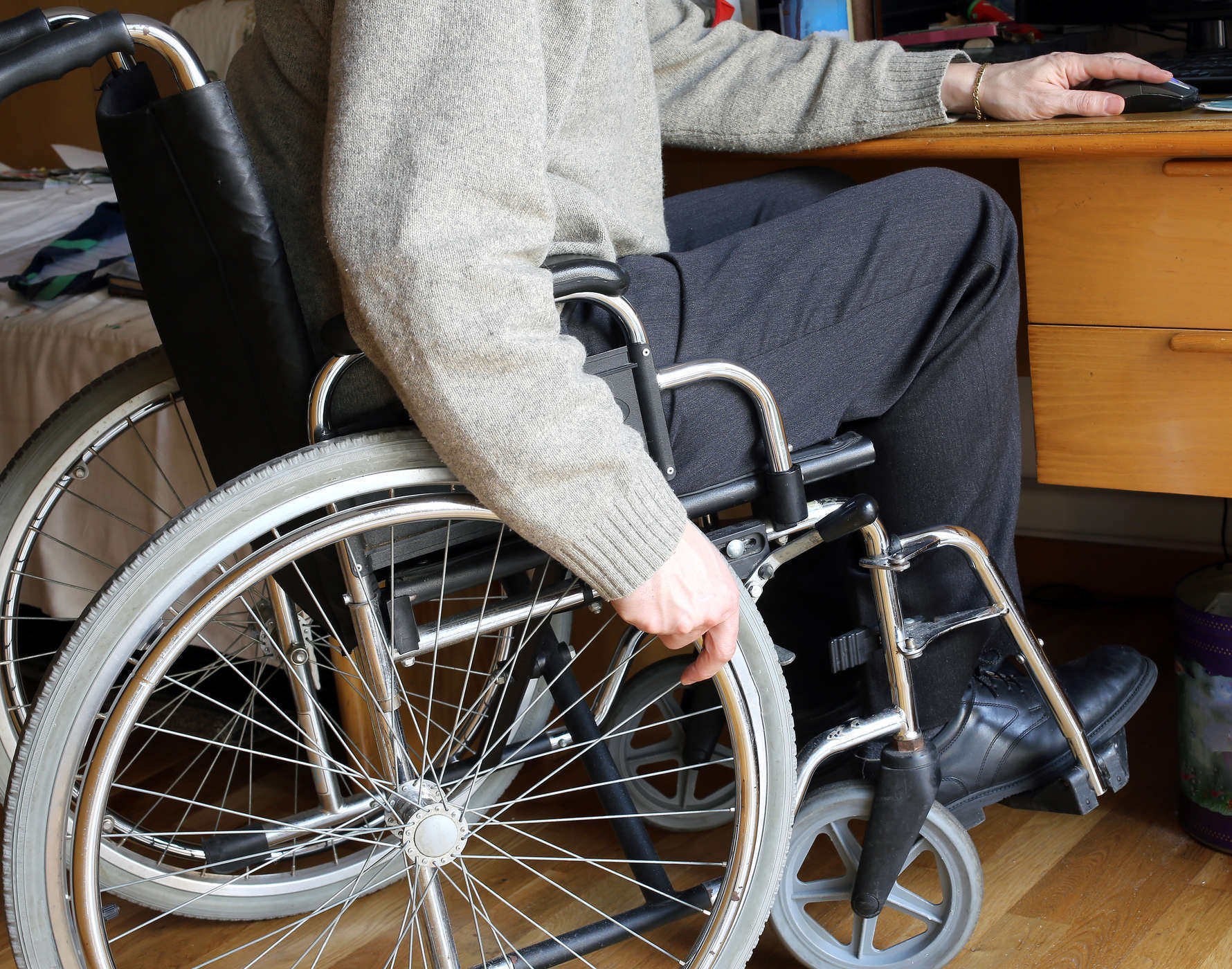Contents:
- Medical Video: Psychogenic Seizures — What are They, How Can They be Diagnosed and Treated?
- How can stress trigger epileptic seizures?
- How often does stress trigger epileptic seizures?
- How to avoid stress in epilepsy patients?
Medical Video: Psychogenic Seizures — What are They, How Can They be Diagnosed and Treated?
Stress is a common event experienced by everyone, whether it's because of work problems, family problems, or because of being left behind by a lover. Normal people who experience stress are quite dizzying, especially when stress is experienced by people with epilepsy. One study found that prolonged stress in a person can lead to epileptic seizures. How can?
How can stress trigger epileptic seizures?
In Indonesia, epilepsy is known as "ayan" or "sawan". Epilepsy is a neurological disorder characterized by recurrent seizures due to a sudden surge in electrical activity in the brain. Even though in Indonesia alone there is no definitive data on the prevalence of epilepsy, the Epilepsy Foundation Indonesia estimates that the number of people with epilepsy who need treatment reaches a high rate of around 1.8 million people.
According to a study published in the journal Science Signaling, stress and anxiety that tend to be severe and prolonged can lead to epileptic seizures. In fact, if epilepsy sufferers themselves are afraid of experiencing seizures while under pressure, this can actually be a 'vicious cycle' which makes it more rapid spasm.
Researchers found that this was caused by an increase in piriform cortex activity in the brain, the area where the origin of the seizures originated. To prove this, researchers used a sample of mice that had and did not have epilepsy. Both are doneanalysis of the rat piriform cortex by viewinghormone activity of corticotrofin or Corticotropin Releasing Factor (CRF). This CRF is a neurotransmitter, a chemical that allows communication between nerve cells. CRF regulates behavioral responses to stress.
Among rats without epilepsy, the researchers found that CRF was able to reduce activity in the brain piriform cortex. On the contrary, CRF actually increases piriform cortex activity in mice with epilepsy.
When viewed from a sample of mice with epilepsy, they found that CRF actually activates a protein called the G protein regulator that signals the type 2 protein (RGS2). It is this protein that turns the communication between nerves in the piriform cortex to reverse so that it increases the risk of seizures.
Researchers suspect that this finding might also have an impact on other neurological disorders, such as depression and schizophrenia. If left unchecked, this condition can trigger a neurochemical process that can increase the severity of epilepsy symptoms.
How often does stress trigger epileptic seizures?
It's hard to know exactly how often stress can trigger epileptic seizures. Because, everyone has different levels and stressors, so it is difficult to assess how severe the effects are on someone.
Stress is a form of the body's reaction to a change that requires physical and emotional responses. For example, because of the trauma of household problems, work problems, or the death of a loved one. If epilepsy sufferers experience these things, they will experience a bad mood so they tend to experience prolonged stress and are feared to cause epileptic seizures.
How to avoid stress in epilepsy patients?
Although there is no evidence that reducing stress can overcome seizures, neurologists recommend patients with epilepsy to avoid stressful situations. This is expected to improve the quality of life of people with epilepsy as a whole and at least reduce the frequency of seizures due to epilepsy.
In addition, you can also do the following ways to minimize the stress you feel, including:
- Write the causes of stress that are felt in a diary or journal.
- Eat balanced nutritious food.
- Regular exercise to help reduce stress, such as yoga, tai chi, or pilates.
- Limit drinking alcohol.
- Get enough and rest and take medication for seizures on time.
- Avoid too much napping so as not to interfere with nighttime sleep
- Doing fun activities that you like, such as watching movies, listening to music, or going for a walk.
- Relax with deep breathing or massage techniques.
- Request support from your family and closest people.
- If stress hasn't subsided, try taking counseling or psychotherapy to choose the right treatment for you.













